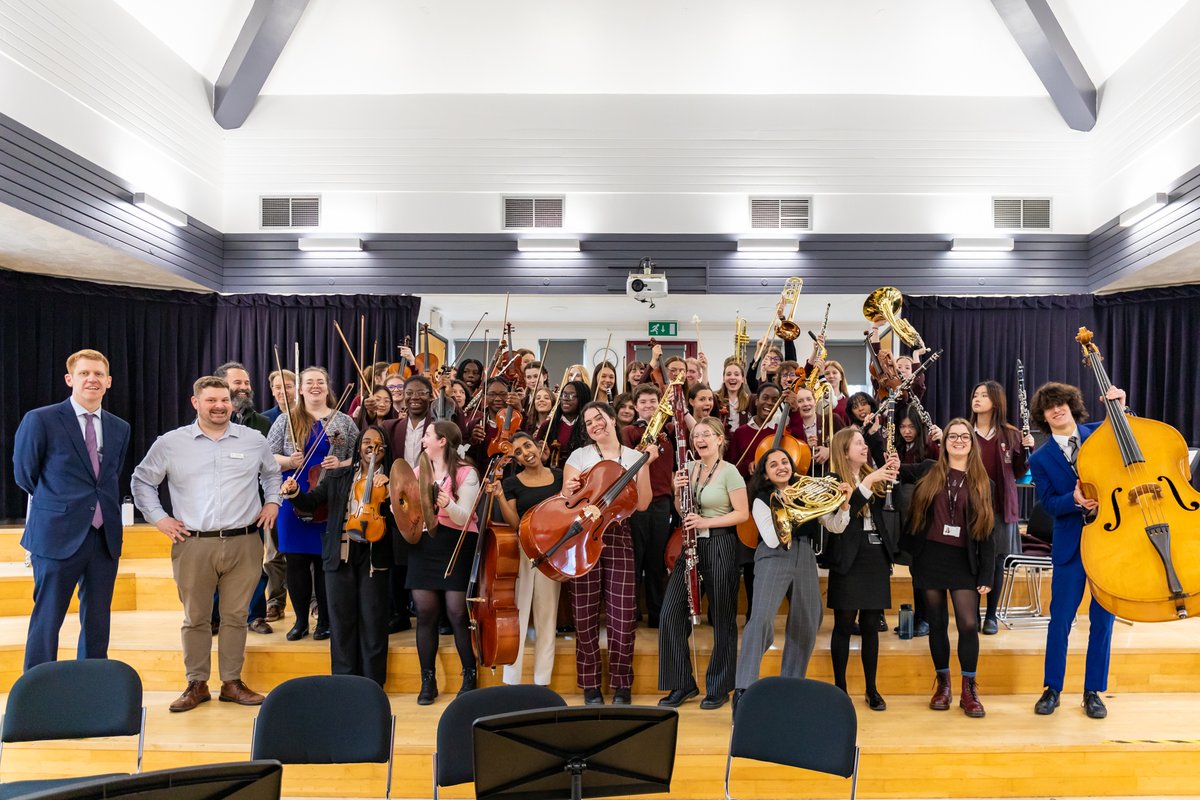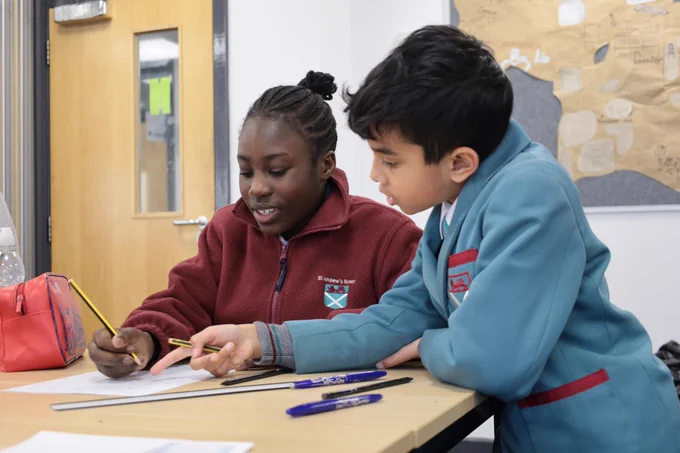Invicta Vlogs
Collaboration between Home and School can build STEAM!
At a time when students at Invicta are reflecting on Science and Technology, as the theme for the week, we can often forget to acknowledge the importance of collaboration between home and school to enable our girls to benefit from STEAM opportunities beyond the classroom.
STEAM subjects (Science, Technology, Engineering, Arts and Mathematics) became a focus for educators in the early 2000s. Previously known as STEM, the inclusion of the arts acknowledges the importance of an interdisciplinary method aimed at helping students develop vital transferrable skills and learning across subjects, through experimentation, trial and error and creativity.
The approaches to promoting STEM and STEAM within schools and the wider community change, depending on the needs of students, schools and industry. During my teaching career, much has been written about how to “put the M in STEM”. However, we now find ourselves at a time when A Level Mathematics is the most popular A Level nationally, indeed this is also the case at Invicta. So what are the current issues within STEAM and how can we respond to this?
It is no secret that boys tend to engage with STEM based qualifications beyond A Level more than girls:
“In 2017, just 35% of girls chose Maths, Physics, Computing or a technical qualification, compared to 94% of boys.” (Women in STEM, 2017)
I believe we must challenge the status quo nationally with some urgency, in order to ensure students explore STEAM opportunities at degree level and beyond. Our girls successfully engage with the STEAM subjects at GCSE and A Level, so we are in a position to be able to do this. There have been numerous examples of outside speakers coming in to talk to girls about their STEAM careers. in addition to student attendance at STEM roadshows and Big Bang events. However, a relatively untapped resource are the parents and carers who may be able to add a new perspective to the STEAM programme. Please contact me at the school if you are able to support with this!
A second matter I believe we need to prepare our girls for, having experienced a secondary education in a girl’s school, is to not be put off by the gender gap within STEAM careers and to be willing to work in perhaps male dominated environments, whilst changes occur in future years. Collaboration between home and school is key to raising confidence and enabling young people to see themselves in STEAM roles. Female mentorship will be a vital part of the change process for women, particularly within male dominated industries. Oxford University’s “Women in Science” series has identified the heightened visibility of established female mentors as the reason for the recent changes for women within the scientific community. Invicta is well placed to teach our girls about being supportive of each other; the girls learn this from their first day here when they are put into forms with their Invicta sisters! We cannot underestimate the important role those at home have in not only fostering these interpersonal skills but also the role of the parents or carers as mentors for their daughters.
Through collaboration, we can build STEAM opportunities further. I would be keen to hear from our Invicta family (parents, carers, grandparents) who would like to talk to the girls about their STEAM careers or STEAM opportunities in the local area.
Mrs Nicola Hall
Aspiring Assistant Headteacher
Head of Year 7




























